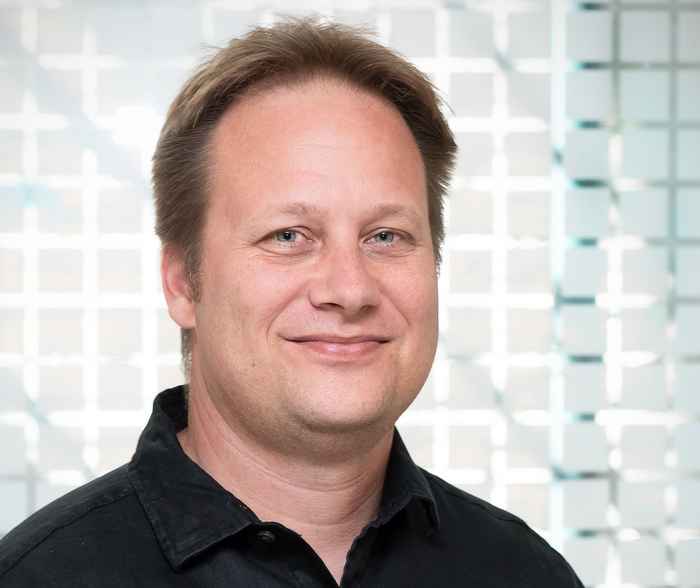The Data Science Centre is looking forward to the results of unique interdisciplinary collaborations
22 August 2022

Which results has the Data Science Centre achieved so far?
'The first major challenge for the Data Science Centre was to set up a new organisation. This includes launching a new website and developing our communication channels. Thanks to our embedding in the Library, we were also able to organise our first Data Science Day and various funding programmes.
The first programme, the ‘Accelerate Programme’, uses additional funding to encourage the hiring of data scientists in each faculty. In 2021, we recruited fourteen data scientists in this way. We also developed a ‘PhD Innovation Programme’, which we used to finance the appointment of seven new PhD students. Their research proposals represented 55 unique interdisciplinary collaborations, a fantastic result.
A striking example of one such collaboration focuses on the question of how to save costs by detecting abnormalities in teeth via X-rays instead of extremely costly medical scans. This is only possible through the use of the most powerful and most advanced machine learning models. This is a very complex problem and therefore a very exciting challenge for a data scientist.'
The Data Science Centre focuses on the university-wide promotion of data science. How do you encourage interdisciplinary collaboration?
'On Fridays, we hold "Coffee and Data Sessions" at which we offer advanced Data Science training in addition to coffee. Here, the participants learn various methods for machine learning and data visualisation: the graphical representation of complex information. We also organise joint working sessions in which data scientists from the faculties analyse an aspect of the university itself, such as the central registration figures and budget-related matters. The nice thing about data science methods is that you can apply the same methods very successfully in various different research areas.'
How is embedding in the University Library useful for the Data Science Centre?
'One of the core ideas behind the Data Science Centre is that we want to make the facilities in which we invest available to the research groups in the various faculties. We do not have a large central organisation and the University Library therefore offers us various options. First of all, the Library offers structural resources for staffing capacity. In addition, all our communication channels run through the Library. The Library also provides training sessions and its digital skills development coordinator helps us to facilitate training for data scientists. Finally, the Library provides access to data sets and infrastructure.'
What are the Data Science Centre’s plans for the near future?
'Our main goal is to further expand and strengthen the Data Science community within the university. We also plan to hold hackathons, during which various teams of data scientists have to come up with solutions for complex cases within a short period of time. Finally, we aim to reach an even larger target group by organising another Data Science Day.
Although we only launched the Data Science Centre last year, we are very much looking forward to new research publications and new software and data sets. We are particularly curious to see the results of the many unique interdisciplinary collaborations. We sincerely hope that people will ultimately carry out research that they would not have done otherwise.'
This interview is part of the Annual Report 2021 of the UvA/AUAS Library. Curious what else the Library has achieved in 2021? View the entire annual report.